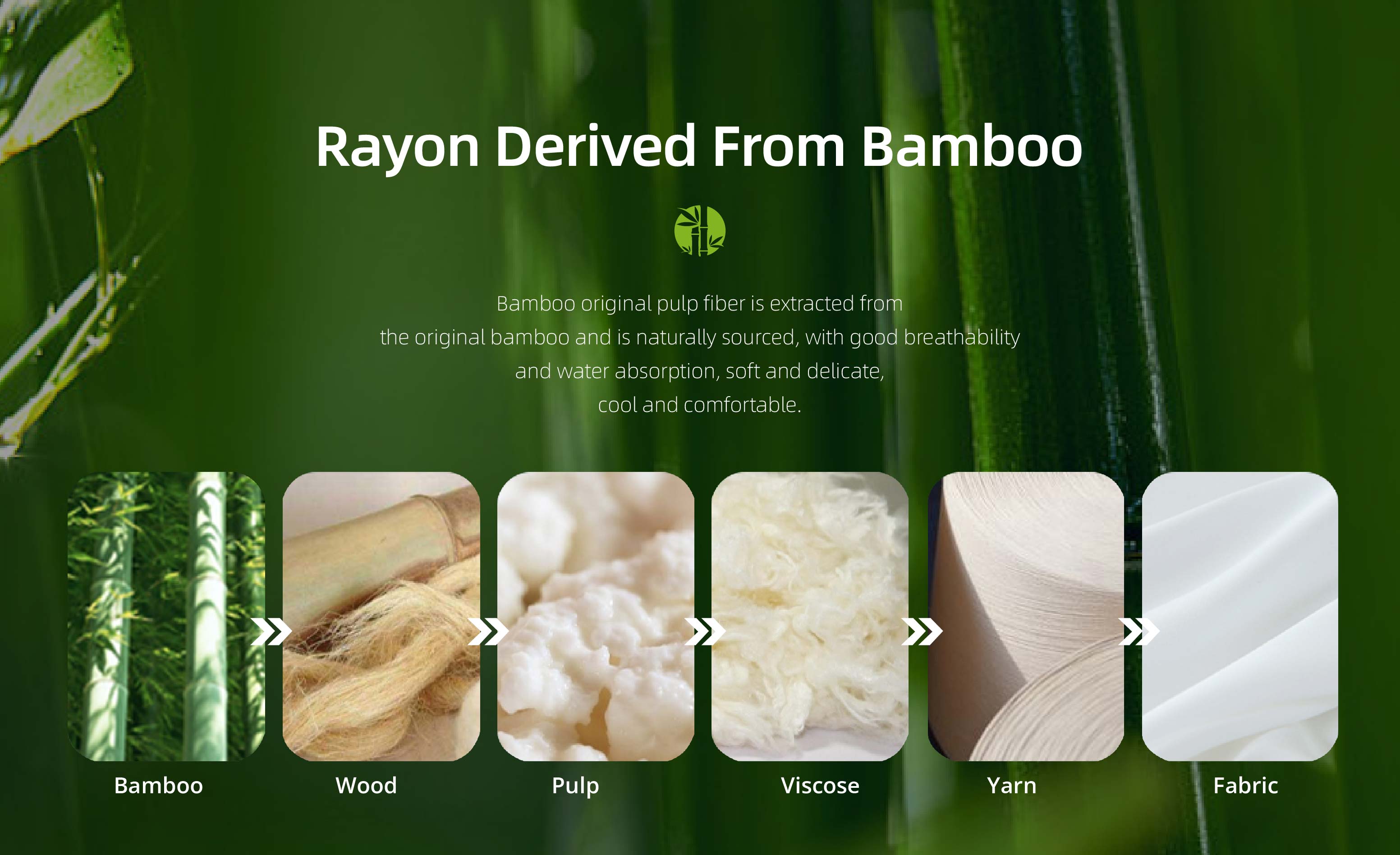

اکتوبر . 08, 2024 12:00 Back to list
The Importance of Cable Granulation in Recycling
In an age marked by increasing environmental awareness, the recycling industry has become crucial for sustainable development. One significant aspect of this industry is cable granulation, a process that involves the recycling of electrical cables and wires. With the rapid advancement of technology and the subsequent rise in electronic waste, cable granulation has emerged as a vital procedure for reclaiming valuable materials while minimizing environmental harm.
Cable granulation involves the mechanical breakdown of cables, which typically consist of a mix of metal and non-metal components. The outer insulation, commonly made of plastic, covers inner conductors that are generally copper or aluminum. During the granulation process, these cables are shredded into smaller pieces, and the metal and insulation materials are separated. This enables recyclers to obtain pure metals free from contaminants, which can then be sold and reused in various industries.
One of the primary benefits of cable granulation is its contribution to resource conservation. Precious metals like copper are finite resources that require significant energy and raw materials to extract. By reprocessing scrap cables, we can conserve these resources and reduce the need for mining new ones. This not only helps in conserving energy but also reduces the carbon footprint associated with mining and refining processes. Given that copper prices can be volatile, the recycled metal market often provides a more stable economic alternative for manufacturers.

Another critical aspect of cable granulation is its role in reducing landfill waste. Electronic waste, including discarded cables, contributes significantly to global landfill problems, where they can remain for decades before decomposing. Cables often contain harmful materials such as lead and mercury, which can leach into the environment, contaminating soil and water supplies. By recycling cables through granulation, we divert this hazardous waste from landfills, thus promoting a cleaner, healthier environment.
Furthermore, cable granulation supports job creation and economic growth. The recycling industry provides numerous jobs in collections, transportation, processing, and manufacturing. As the demand for recycled materials increases, particularly in green technologies like electric vehicles and renewable energy systems, the need for skilled workers in this sector will continue to grow.
From an economic perspective, investing in cable granulation can lead to substantial savings. Companies that utilize recycled materials often benefit from lower production costs compared to those relying solely on virgin resources. Additionally, as governments worldwide intensify regulations on waste management and resource usage, industries that embrace recycling practices will find themselves in a more favorable position to comply with these regulations.
In conclusion, cable granulation is an essential process that facilitates resource recovery, reduces environmental pollution, minimizes landfill waste, and fosters economic growth. As technology continues to evolve, so does the potential for innovation in the recycling industry. Embracing cable granulation not only presents an opportunity to reclaim valuable materials but also aligns with the broader objectives of sustainability and environmental responsibility. As individuals and businesses become increasingly conscious of their environmental impact, cable granulation stands out as a vital solution for a greener future.
Latest news
Troubleshooting Common Eddy Separator Problems
NewsJul.04,2025
The Role of Metal Recycling Plants in Circular Economy
NewsJul.04,2025
The Impact of Recycling Line Pickers on Waste Management Costs
NewsJul.04,2025
Safety Features Every Metal Shredder Should Have
NewsJul.04,2025
How Industrial Shredders Improve Waste Management Systems
NewsJul.04,2025
How Cable Granulators Contribute to Sustainable Recycling
NewsJul.04,2025